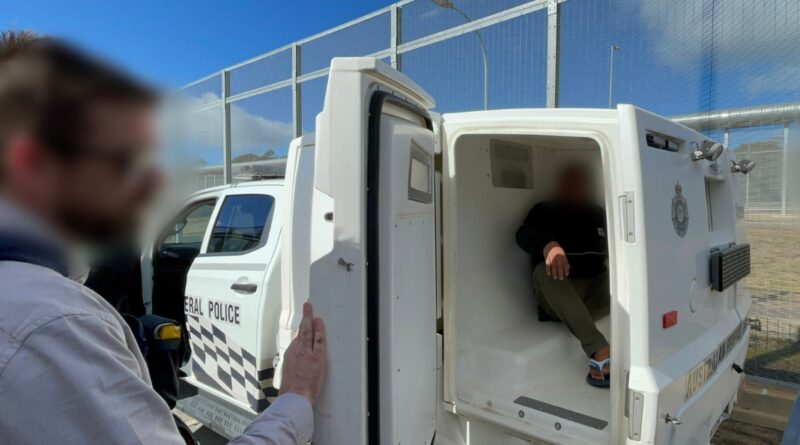WA Immigration Detainee Charged Over 297 Threatening Calls to Police
[ad_1]
A 45-year-old Moroccan man at Western Australia’s Yongah Hill Immigration Detention Centre has been charged with making nearly 300 threatening phone calls to the Australian Federal Police (AFP) in the past two months. One of those calls allegedly included a threat to kill.
He was taken into custody on July 24 and appeared in Perth Magistrates Court the next day. He is now in jail until his next court date on September 12, 2025.
The AFP said that between May 31 and July 24, the guy called the National Operations State Service Centre, which is the hotline that handles operational calls across the country, 297 times. Police said that a lot of the calls were rude and threatening, and at least one of them had a direct death threat.
Charges and Punishments
The man is being charged with two crimes under the Criminal Code (Cth): Making a death threat over a carrier service—maximum sentence: 10 years in prison—and using a carriage service to threaten, bother, or insult someone could get you up to three years in prison.
Detective Inspector Karen Addiscott said that the calls not only put staff safety at danger, but they also messed up important police services.
“Not only do these kinds of calls waste the agency’s time and money, but they can also be upsetting and worrying for the people who answer them, even if they aren’t the ones being threatened,” she said.
Detention and Mental Health in a Bigger Picture
The allegations are for serious crimes, but the event has brought up concerns about the mental health conditions in Australia’s immigration detention system again.
Several organizations have repeatedly criticized Yongah Hill, which is north-east of Perth, saying that keeping people in detention for a long time without clear paths can make them more desperate and mentally unwell.
There is no known mental health diagnosis that connects this case to any other, but it has led to new calls for better mental health care in immigration centres and other options to indefinite imprisonment.
The accused is still in jail. On September 12, 2025, he will be back in court. As the case goes through the legal system, it is likely to bring up fresh arguments about the balance between national security, the health of detainees, and the protection of public resources.
[ad_2]
Source link
